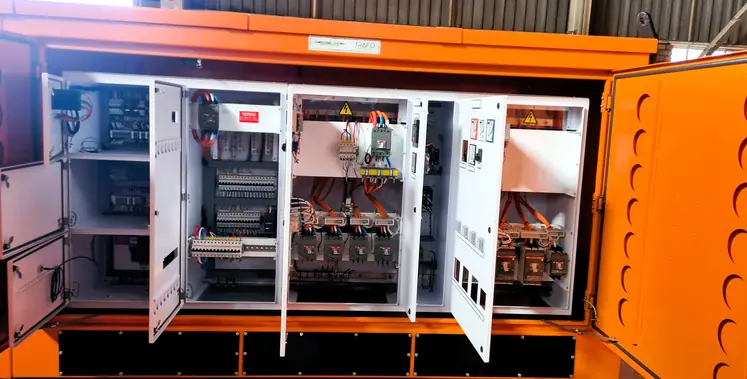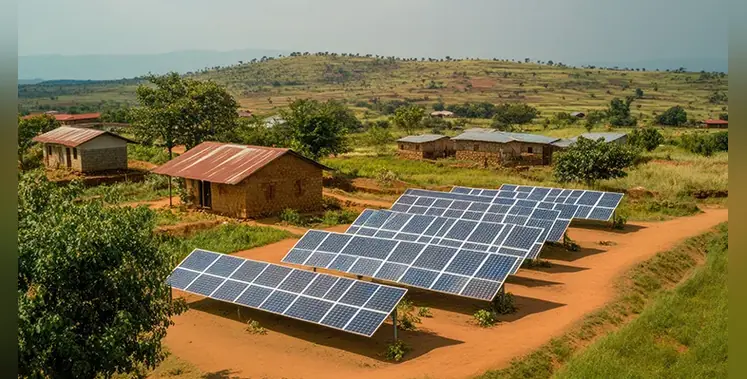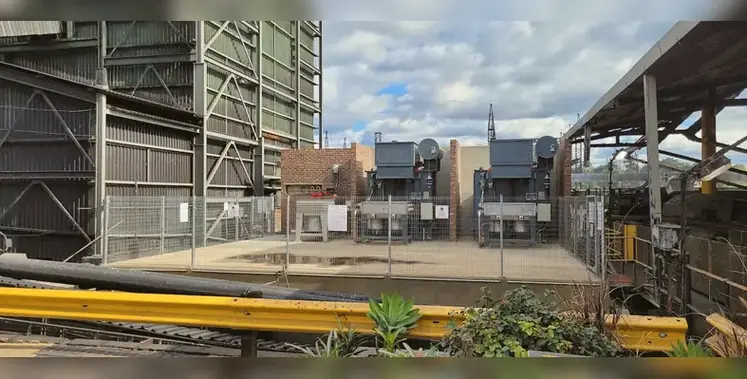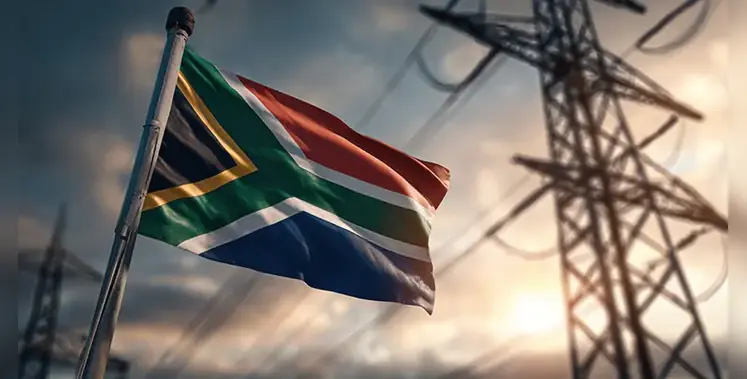
Switchgear integrated into the mini substation forms a key component of the fully assembled power distribution solution supplied by Trafo Power Solutions. (Image source: Trafo Power Solutions)
As mining operations expand, deepen and adapt to shifting production demands, the need for flexible and scalable electrical infrastructure is becoming increasingly critical
According to David Claassen, managing director of Trafo Power Solutions, designing systems that can evolve alongside a mine’s lifecycle helps operators avoid expensive redesigns while maintaining operational continuity.
“Mining is dynamic by nature, and this fundamentally shapes our approach to designing transformers, modular substations and other solutions for the sector,” explained David Claassen, managing director of Trafo Power Solution. “Mines often need to move equipment around, for instance, and even the load requirements may change over time - so we design with that in mind.”
For Trafo Power Solutions, this means engaging with customers at the earliest possible stage of project development. In many cases, involvement begins before formal feasibility studies are completed. During concept or desktop study phases, mining houses typically require high level budget estimates, and this is where the company starts contributing to long term electrical planning.
“We get involved at pre-feasibility or even concept stage,” commented Claassen.
“Our tender and proposals department is geared to provide indicative costing very quickly - using our wide reference base where we have detailed data on our extensive installed footprint.”
Early collaboration allows the company to influence key technical decisions before they are locked in. By participating in discussions around transformer capacity, substation configuration and overall layout, Trafo Power Solutions helps ensure that infrastructure decisions reflect not only immediate power requirements but also the full life of mine strategy.
“By talking to customers early and asking the right questions, we develop an understanding of what their future plans are and can design accordingly. Instead of providing a 2 MVA transformer, we might suggest a 3 MVA unit that fits the same footprint, to avoid the cost and operational disruption of upgrading,” remarked Claassen.
Designing for future growth also supports better cost management at start up. Mines are increasingly opting for containerised modular substations because of their inherent mobility and scalability, as well as their reduced need for extensive civil works. Unlike conventional brick and mortar installations, modular substations can be relocated as mining activities shift, enabling phased developments and changing production priorities.
“Modular substations lend themselves to flexibility because of their plug-and-play design,” said Claassen. “Our skid-mounted or mobile options are ideal for mining operations where relocation is expected, whether underground or on surface.”
By prioritising adaptability over fixed, once off solutions, Trafo Power Solutions ensures that electrical systems remain aligned with operational realities over the long term. Mines are therefore better positioned to increase output, adjust layouts or accelerate expansion without being restricted by infrastructure designed solely for initial conditions.
“Our aim is to give our clients the best possible experience at all levels - and at every stage in the life of their project,” he concluded. “We take responsibility, we ask the right questions and we make sure the infrastructure we supply keeps supporting them long into the future.”

















